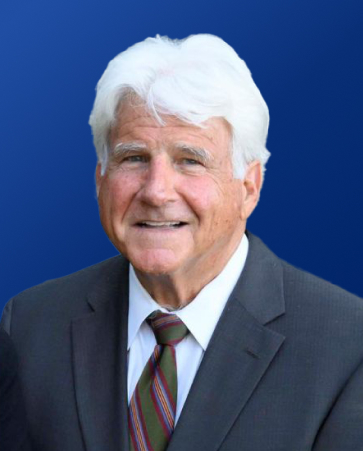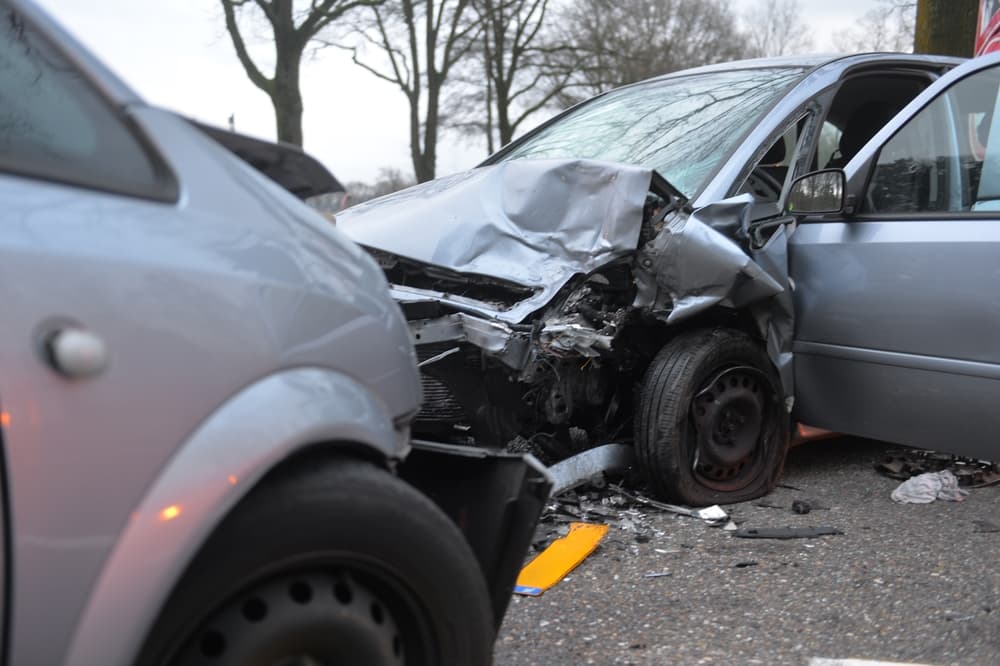A lot of insurance companies have reasonable procedures for processing and paying claims, but too often, injured people find out that some insurance companies "know a thing or two" about avoiding paying claims. If you've been hurt in a crash and an insurance company has wrongfully denied (or delayed paying) your claim, that potentially could constitute "bad faith" under the law and entitle you to significant damages. These issues are a reminder that representation from an experienced Santa Barbara car accident lawyer can be essential in taking on an at-fault driver or a recalcitrant insurance company.
B.S. and S.S. were two people victimized by bad faith insurance practices. In September 2018, they suffered permanent injuries (that required multiple surgeries) in a Colorado crash with an uninsured driver. As a result, they filed a claim with their auto insurer seeking payment under their uninsured/underinsured motorist coverage.
The insurance company failed to live up to its obligations. As a result, a federal jury here in Southern California awarded the pair more than $5 million in damages. In early October, the U.S. 9th Circuit Court of Appeals upheld that judgment.

Immediately after the crash, B.S. authorized the insurance company to obtain a copy of her medical records. Five months elapsed and the insurance company did next to nothing. The injured woman took a proactive step and, in April 2019, sent the insurer "a detailed, twenty-eight-page letter explaining her physical and mental injuries caused by the accident and related medical procedures." Still, the insurer failed to act, waiting some 17 months to schedule an independent medical examination (IME) of the woman.
When the insurer finally acted, it undertook an inadequate investigation. Throughout the claims process, B.S. had indicated to the insurer that she had suffered a traumatic brain injury (TBI) and post-traumatic stress disorder (PTSD.) There was ample evidence to suggest these injuries were real, including the violence of the collision, the bruising on B.S.'s head, and the subsequent vision problems the woman encountered.
Nevertheless, the doctor the insurer chose to conduct the IME was a doctor of orthopedic medicine, with no qualifications for assessing PTSD or behavioral health. The doctor merely examined the patient for "orthopedic abnormalities."
Bad Faith Insurance Practices Can Come in Many Forms
There are several ways an insurance can be civilly liable for "bad faith" in violation of the law. An
insurance company can wrongfully deny a claim, it can wrongfully delay processing and paying a claim, or it can fail to complete (or do an inadequate job completing) other essential steps (such as not investigating or conducting an insufficient investigation.)
For example, in this case, the plaintiffs had evidence that the insurer delayed for an unreasonably long period in processing the claim, which is one potential form of bad faith. Additionally, the plaintiffs had evidence that, by conducting an insufficient IME, the insurer ended up denying B.S.'s mental-health claim without ever having her independently medically examined by a doctor qualified to diagnose mental health conditions, which meant it denied the claim with no valid basis for doing so -- another form of bad faith.
The plaintiffs' evidence included very powerful testimony from one of the insurance company's most experienced claims adjusters. The adjuster testified that he had adjusted thousands of claims for the company over 27 years and that his practice was to start with low-ball settlement offers, then wait out claimants for as much as 10-15 years (even if the claimant is financially unstable,) and even if the claimant believes the offer is too low.

That, the 9th Circuit court said, was a valid basis for finding bad faith. As the court stated, the jury could have reasonably found that the insurer's settlement practices, which included "starting at the low end of its calculated dollar-value range and withholding payment for over a decade, even for insureds who suffer severe injuries and are under extreme financial stress — showed that, even when liability is reasonably clear, [the insurer] waits out its insureds… rather than trying to achieve a prompt and fair settlement," constituted bad faith insurance practices.
Getting appropriate compensation for your auto accident-related injuries can involve many battles… some of which play out in court and others outside court. Whether your case requires battling an at-fault driver, an insurance company, or both, count on the experienced Santa Barbara car accident attorneys at the law firm of Galine, Frye, Fitting & Frangos, LLP to be the powerful and effective advocate you need. Contact us at 805-617-1365 or through our website to get a free case consultation today. The big insurance companies have strong legal teams on their sides. Make sure you have one on yours.


